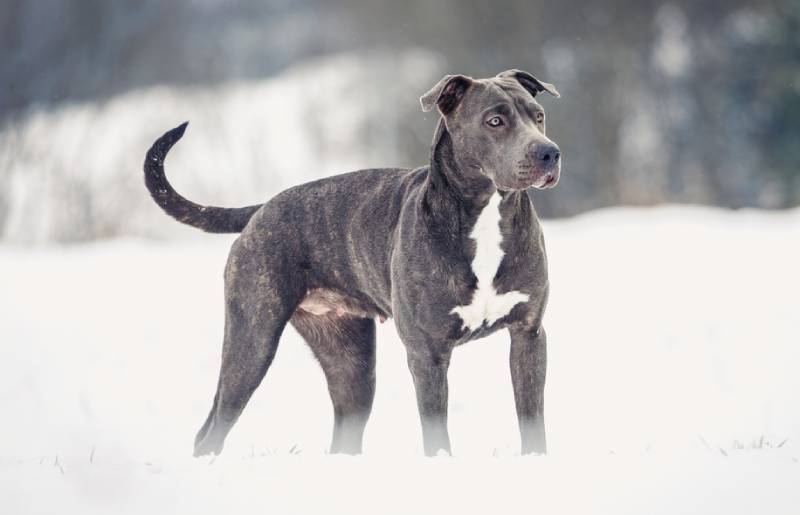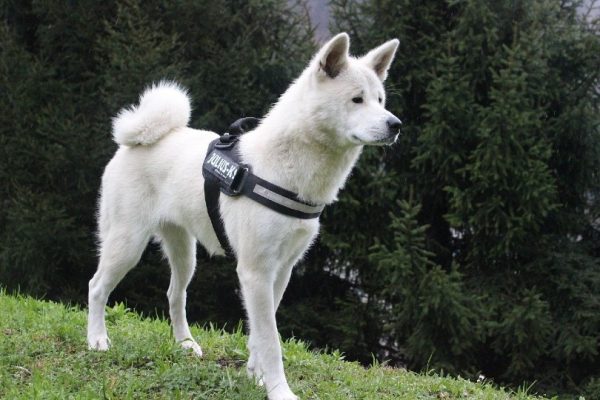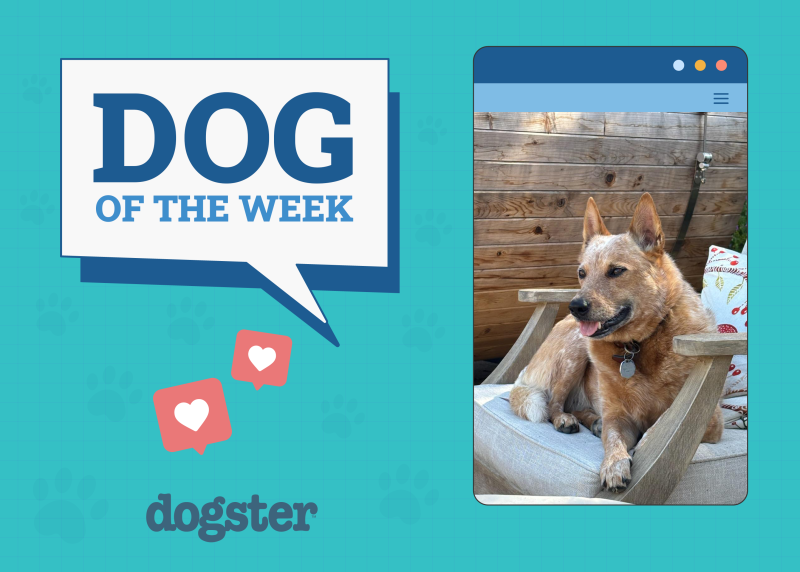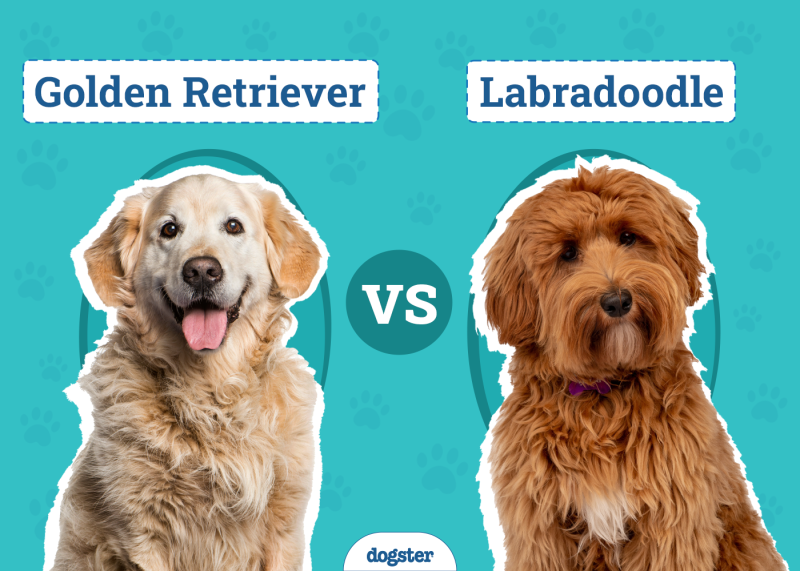Pit Bull aggression is an age-old topic that is divisive and often causes disputes between the two sides. Because of negative media coverage of Pit Bull attacks in the 1980s, many consider them to be dangerous animals. However, shelter employees, rescue organizations, and law enforcement officials often mistake certain breeds for Pits. Most people think of a square-headed bully breed when they think of Pit Bulls, and they’re not wrong. If Pit Bulls are well-socialized and trained, they can be well-mannered and gentle pets that do well.

Pit Bulls Are a Divisive Breed
The world is divided on the possible aggressive tendencies of the Pits. Are they lunging and yanking at their leash, fighting to get to anyone and anything? Or are they rolling around on their backs, wanting belly rubs, and sporting a big goofy grin? Some studies1 show that Pit Bulls are less likely to attack their owners than other breeds of dog but are more likely to attack other dogs.
Other sources list2 Pit Bull terriers as the dog identified the most in fatal dog bites, with one source3 saying, “Injuries from Pit Bulls and mixed-breed dogs were more frequent and more severe.”
What Do People Think About Pit Bulls?
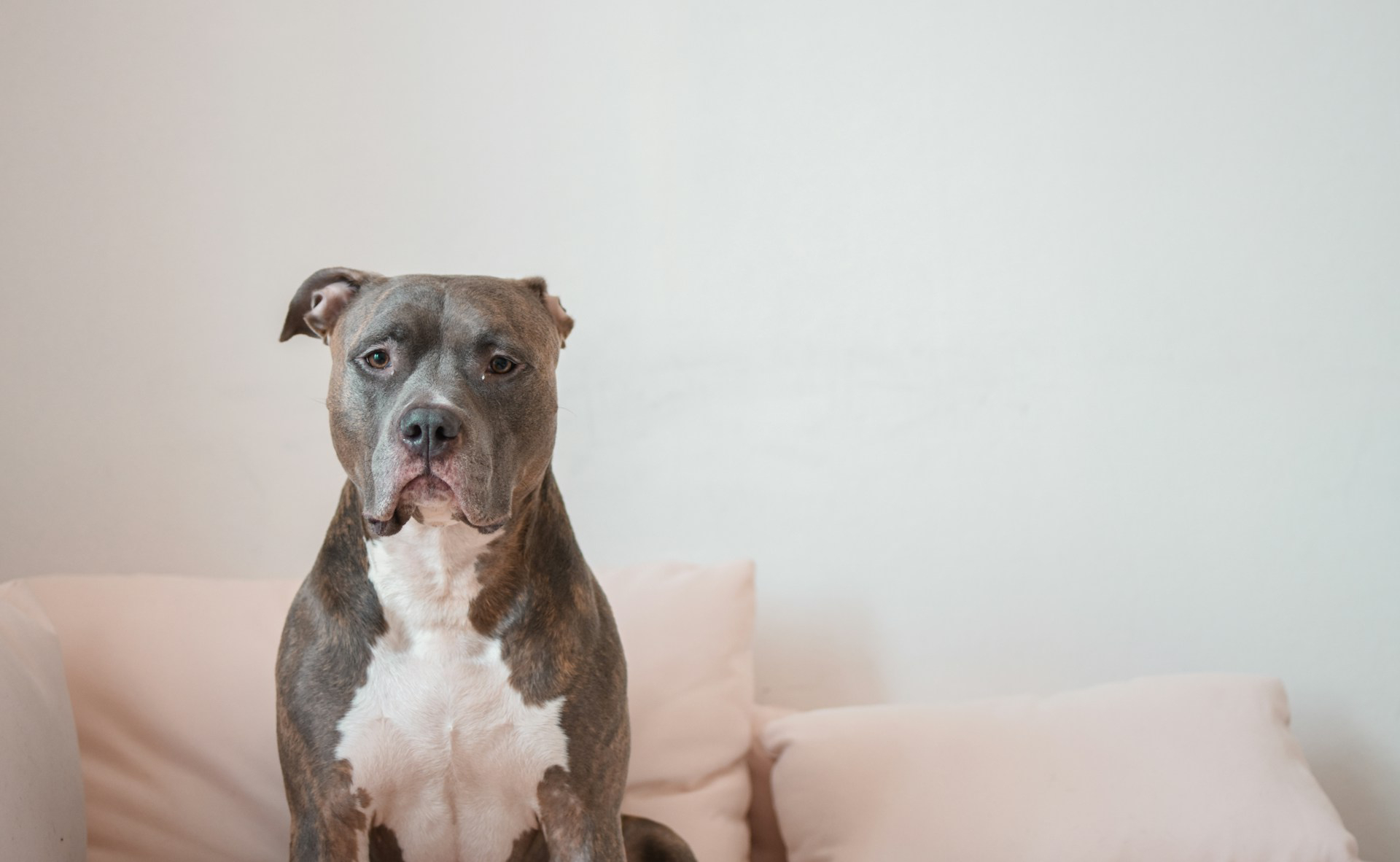
On the one side of the argument, some view Pit Bulls and mixes as being savage, unruly, and aggressive, with owners who often use them for fighting and guarding. While this viewpoint is based on some facts, the stigma many innocent dogs face because of their breed is unfair.
Pitbull terriers were bred to fight in bull and bear baiting pits and, eventually, dog-fighting rings. The breed was developed from the Bulldogs and Terriers of the British Isles, and those that were exported to the USA were predecessors of the American Pit Bull.
Will Pit Bulls Always Fight?
Because their founders bred them for bloodsports, Pit Bulls have a history of fighting in them, which may be where the stigma comes from. However, this isn’t to say that they never attack, as statistics show4 that Pit Bulls are consistently cited as the most frequently identified breed in dog bites in several countries worldwide, including the USA.
Additionally, over half 5 of all dog bites in the USA are inflicted on children, with some genuinely horrific fatalities occurring at the mouths of Pit Bull Terriers. But this is not true of all the dogs in the breed. Scientific studies6 have discredited the idea that all Pit Bulls are genetically predisposed to attacks on humans and have shown that when the breed was banned, ownership of the breed dropped considerably, but the number of severe and fatal dog attacks sharply rose.
Animal societies and groups such as the ASPCA (American Society for the Prevention of Cruelty to Animals) share a common stance: individual dogs that are dangerous in their behavior and have aggressive tendencies should be treated with caution and labeled as such, but not their breeds as a whole.
The UKC (United Kennel Club) ensures a completely calm, friendly temperament is written into the breed standard. Any sort of foul temper toward their humans is grounds for automatic disqualification.
The fact is, if a Pit Bull is well-socialized, they make excellent pets and are as calm and collected as other breeds.
Do Pit Bulls Have Jaws That Lock?
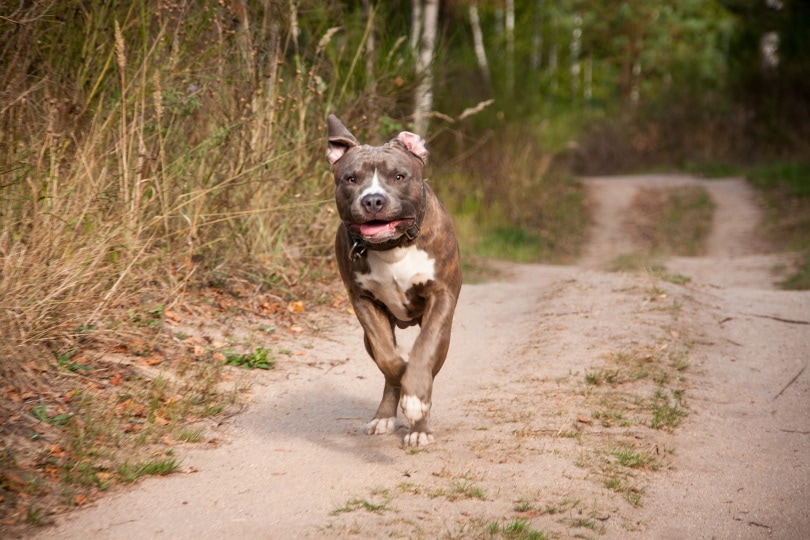
The short answer to that question is no. Pit Bulls (or any dog ) do not have jaws that lock. Pit Bulls have powerfully muscled heads and jaws, and they can be stubborn and do not let go once they’ve latched onto something. However, they can release their jaws like any other canine.
This reluctance to let go was bred into them during their bloodsport days, specifically so they could hang on to bulls and other dogs, but like any other dog, they will suffer muscle fatigue at some point and will let go.
Are Pit Bulls Immune to Pain?
Pit Bulls are living, breathing animals; they feel pain just as much as any other dog. They suffer the same when they’re hurt, and unfortunately, this stigmatized breed has suffered more than others at the hands of humans.
It’s true, however, that if they are in the throes of adrenaline (such as if fighting), they may not feel as much pain, but it is a biological response all animals share as a life-saving tactic (even humans).
What Is the Most Aggressive Dog Breed?
According to a study of more than 9,000 breeds in 2021, the dogs most likely to bite or display aggressive behavior were actually smaller breeds like Chihuahuas and Jack Russel Terriers, as well as Collies. This may come as a surprise, but it reflects that dogs need socialization and proper training to become functioning members of society.
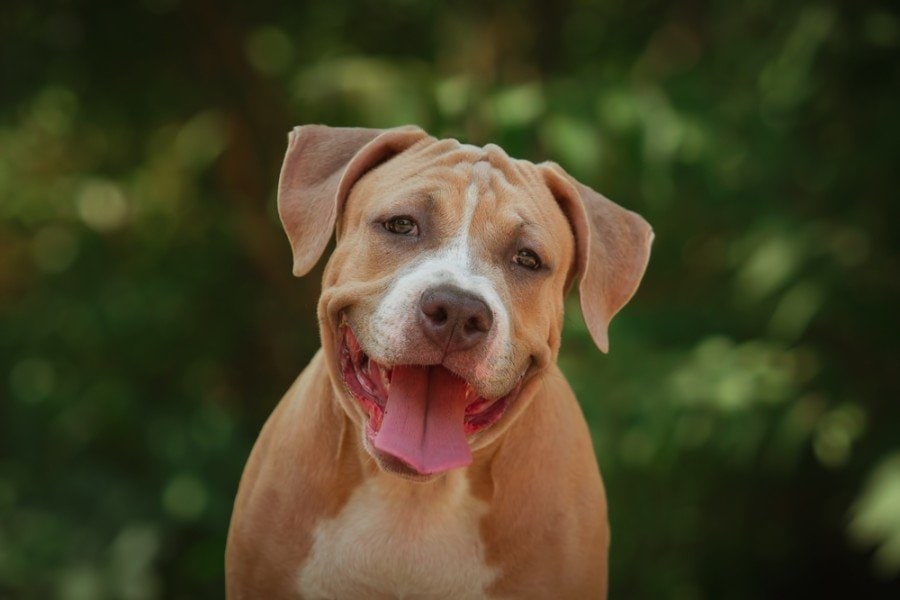

Final Thoughts
Pit Bull terriers have a bad rap as aggressive and unmanageable dogs, but while they have a bloody past and may be more reactive to other dogs than some breeds, if they’re well-socialized and afforded all the training, love, and affection that other breeds should get, they can be well-mannered and gentle pets that do well.
There are numerous reports of Pit Bulls attacking people and children, but there are just as many dog attacks by smaller breeds that aren’t reported. While the Pit Bull is more likely to cause a fatality if they attack (due to their size and strength), that doesn’t make them automatically more aggressive because smaller dogs may attack much more frequently but not as seriously.
Featured Image Credit: Annabell Gsoedl, Shutterstock
